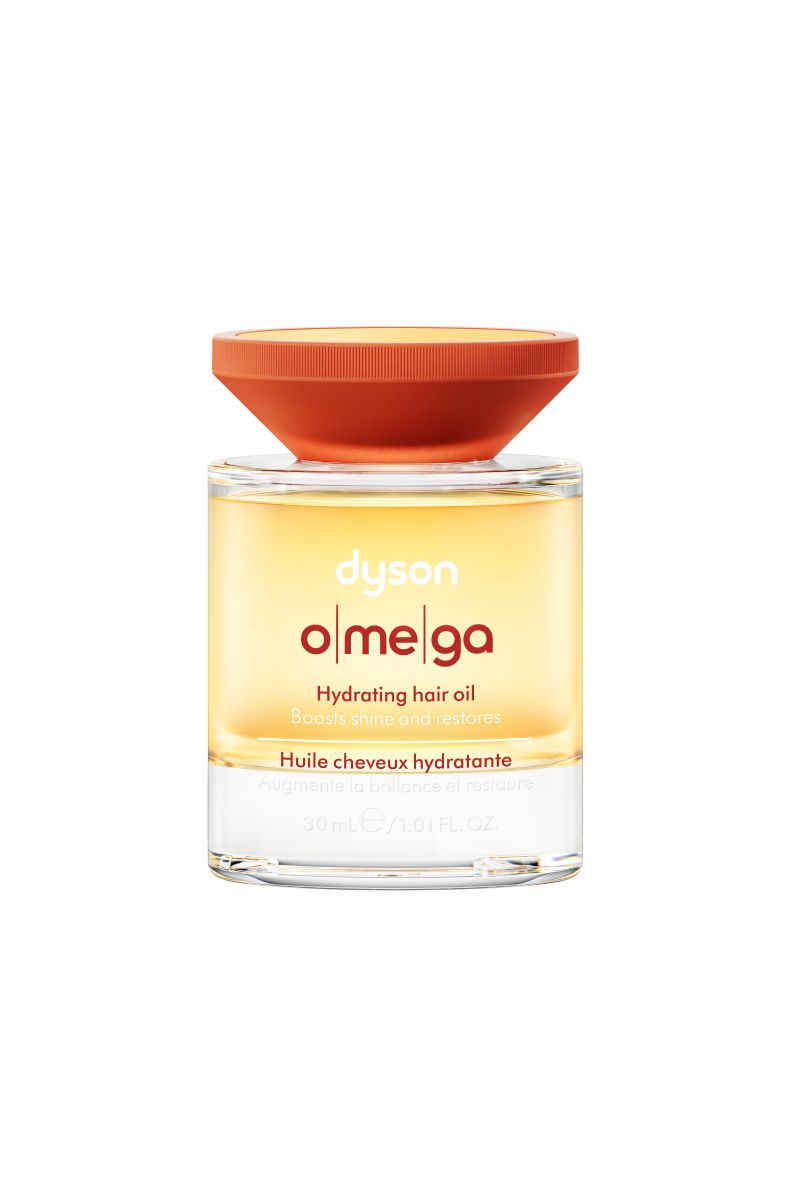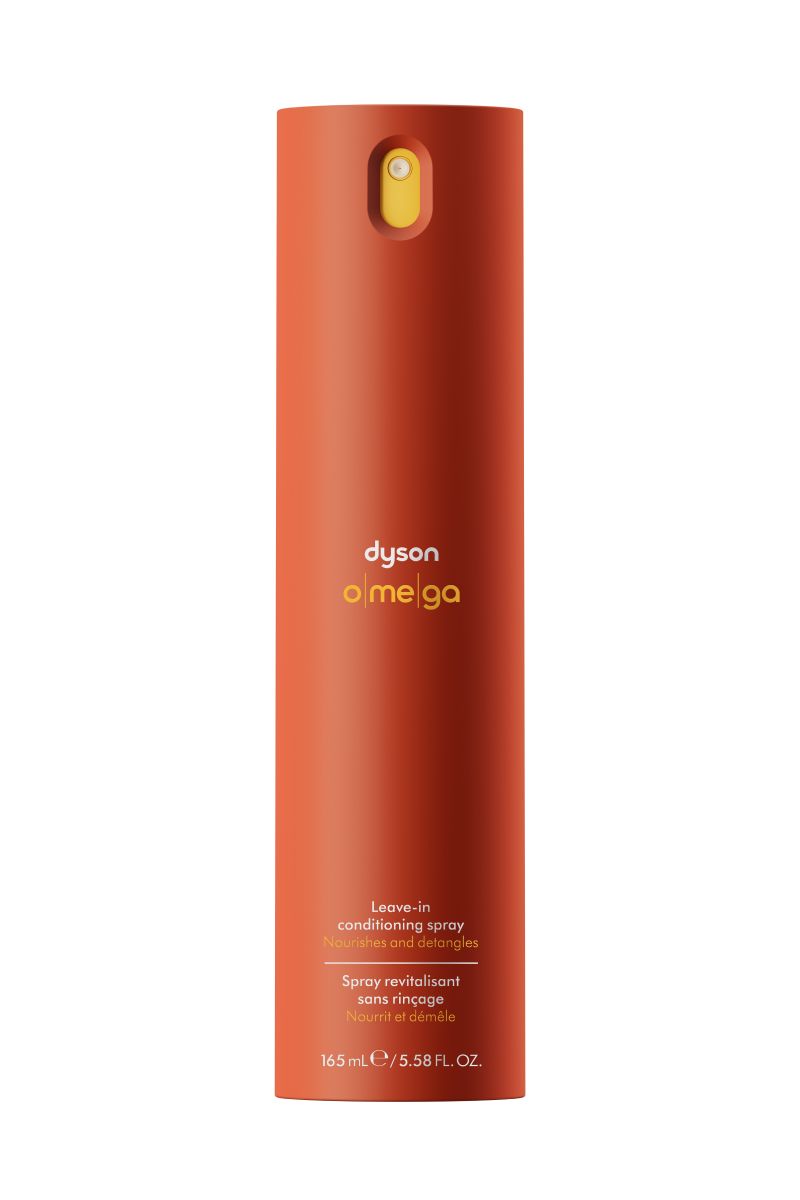How Farm-to-Face Brands Are Revolutionising Beauty From the Inside Out
A closer look at Dyson's new innovative haircare range: Omega™
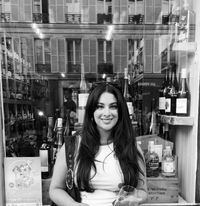
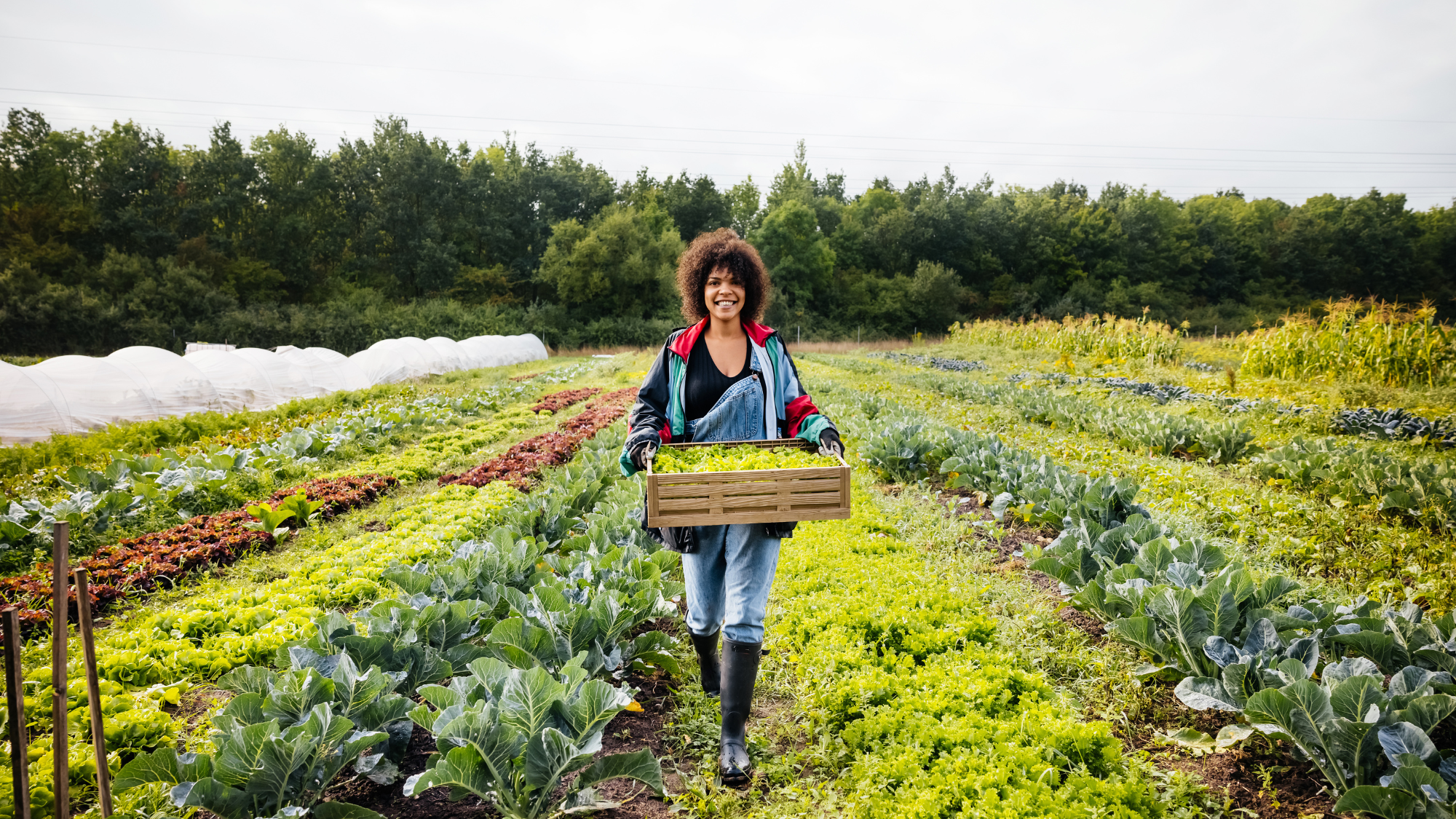
It’s my first day on Dyson’s farm in Lincolnshire, and I’m watching as a robot selects a strawberry so ripe, plump and perfect that it looks cartoon-like. The brand takes rearing strawberries seriously—an engineer explains that the robot knows when to shine UV lights to prevent mould or to distribute predators. Though these juicy berries supposedly have no link to our scalps, it’s this very meticulous, solutions-oriented approach that goes some way to explaining how Dyson continues to set the bar for haircare innovation.
Currently, it’s not strawberries that are making their way to our strands—it’s the sunflowers that are also planted here in Lincolnshire, at Dyson’s largest farm, which is one of four. Together, they comprise Britain’s largest farming business, spanning 36,000 acres of land, and producing everything from wheat grains, malting barley, peas and potatoes to some 800,000 sunflowers, which form the base oil of the brand’s latest foray into product: the Omega™ Nourishing Range. Comprised of a Hydating Hair Oil and the Leave-in Conditioning Spray, it marks the blending of two not-so-distinct arms of Dyson: beauty and farming.
A post shared by Dyson Beauty (@dysonbeauty)
A photo posted by on
“Growing our own sunflower oil on site wasn’t essential, but by doing it ourselves, we know it’s produced sustainably with minimal fertiliser and weed killer,” founder Sir James Dyson tells me on site. “We use precision technology to target weeds instead of spraying whole fields. Good soil, good drainage… All of this means we’re producing high-quality ingredients in a way that improves the land each year.”
Last year, Dyson launched the styling range, Chitosan, designed to be used in tandem with their hot tools, so it was only natural to look into how to promote healthy hair while alleviating the effects of heat: dryness and breakage. “When you study hair science, you learn about different hair types and their needs. People want styles without damaging their scalp or hair, and they want shine, gloss, and versatility,” Dyson continues. “It’s a complex field, and the more we learned, the more fascinated we became.” This led to their revolutionary hot tools, including the Supersonic Hair Dryer and the Airwrap Multi-Styler and Dryer. “We kept finding problems we could solve, and our research showed that heat is the main cause of hair damage. We wanted to find a way to avoid that.”
The new products feature the patented Oli7™ blend I’m learning about today. As well as olive, Abyssinian, corn, avocado, sesame, and macadamia oils, they contain the sunflower seed oil that is harvested directly from the farm in Lincolnshire. Together, they deeply hydrate, smooth and provide a protective moisture seal for more manageable hair—but it marks a larger effort for Dyson: to further integrate the farms into their beauty arm. This, Dyson tells me, will allow them to have incomparable control over aspects of product development and aid in their sustainability initiatives.
Farm to face is not a new concept, of course. It has been the bedrock of cult lifestyle and skincare brand, FKA Haeckles, since its inception in 2012 when founder Dom Bridges started harvesting seaweed by hand off the beaches of Margate.
It remains part of their aim to become the first zero-waste skincare company, Bridges explains: “We continue to do it because it connects us to the town. We’re coastal, and the idea was always to celebrate what's local and to use what's in abundance to create knowledge, change, and employment. We are the only business, other than the fishermen, utilising this key identity of Margate—if everyone did this, we would have less pollution and more diversity in coastal towns. 'Sustainable' is an old word now, but we never thought about it; it's day-to-day for us. As soon as we cut the seaweed, we have interacted with the biosphere, and we are connected. Most companies don't have that; the planet is not present for them—it's marketing talk. We will never over-harvest. Our license restricts this, and because of that, we have turned to growing ingredients in the lab at certain times of the year.”
Celebrity news, beauty, fashion advice, and fascinating features, delivered straight to your inbox!
A post shared by Formerly known as Haeckels (@peoplecareplanetcare)
A photo posted by on
The year 2012 is still quite recent for this ethos, though. Dr Hauschka founded his eponymous skincare brand in 1967 after setting up his medicinal plant garden, 12 years prior in Eckwälden, Germany. Today, over 150 of the various medicinal plants used in the production of the brand’s products are cultivated there. “Our medicinal herb garden covers around five hectares where our dedicated gardeners cultivate the land biodynamically based on nature’s own rhythms,” a representative tells me. “We work with compost, crop rotation and green manuring, constantly observing how the garden is developing. This hands-on approach not only guarantees traceability and transparency but also reflects our deep commitment to working in harmony with nature, ensuring that every ingredient supports both your skin and the planet.”
A post shared by Jurlique Natural Skin Care (@jurlique)
A photo posted by on
And Jurlique is another beauty brand that has long been a champion of farm to face, for many of the same reasons. In 1985, its founders, Jurgen and Ulrike Klein, established the first Jurlique herb farm after migrating to the Adelaide Hills in Australia. “Our biodynamic farm is at the heart of the Jurlique brand,” Jurlique’s Global Brand and Marketing Director, Marion Goyet, responds when I ask for comment, adding that the farm is responsible for producing over 40 plant botanicals, each of which is grown for their unique skin benefits. “Growing our own botanicals allows us to guarantee quality, traceability and efficacy. We don’t rely on anonymous supply chains; we nurture each potent plant extract grown on our farm, harvest them by hand, and transform the ingredients using our proprietary bio-intrinsic extraction method. This holistic approach sets us apart because we can trace the plant actives extracted from the herbs back to a single source, a single philosophy, and a single promise: uncompromising natural care.”
So while Dyson is by no means the first to tap into the “farm to face” philosophy, their recent venture is a sign that large companies can move in more intentional directions, no matter the expense. It’s also the future, Dyson concludes: “Just as people want to know where their food comes from, they’ll want to know where beauty ingredients come from—what they are, how they’re grown, and what’s in them. The more natural and traceable, the better. Consumers are becoming more savvy."
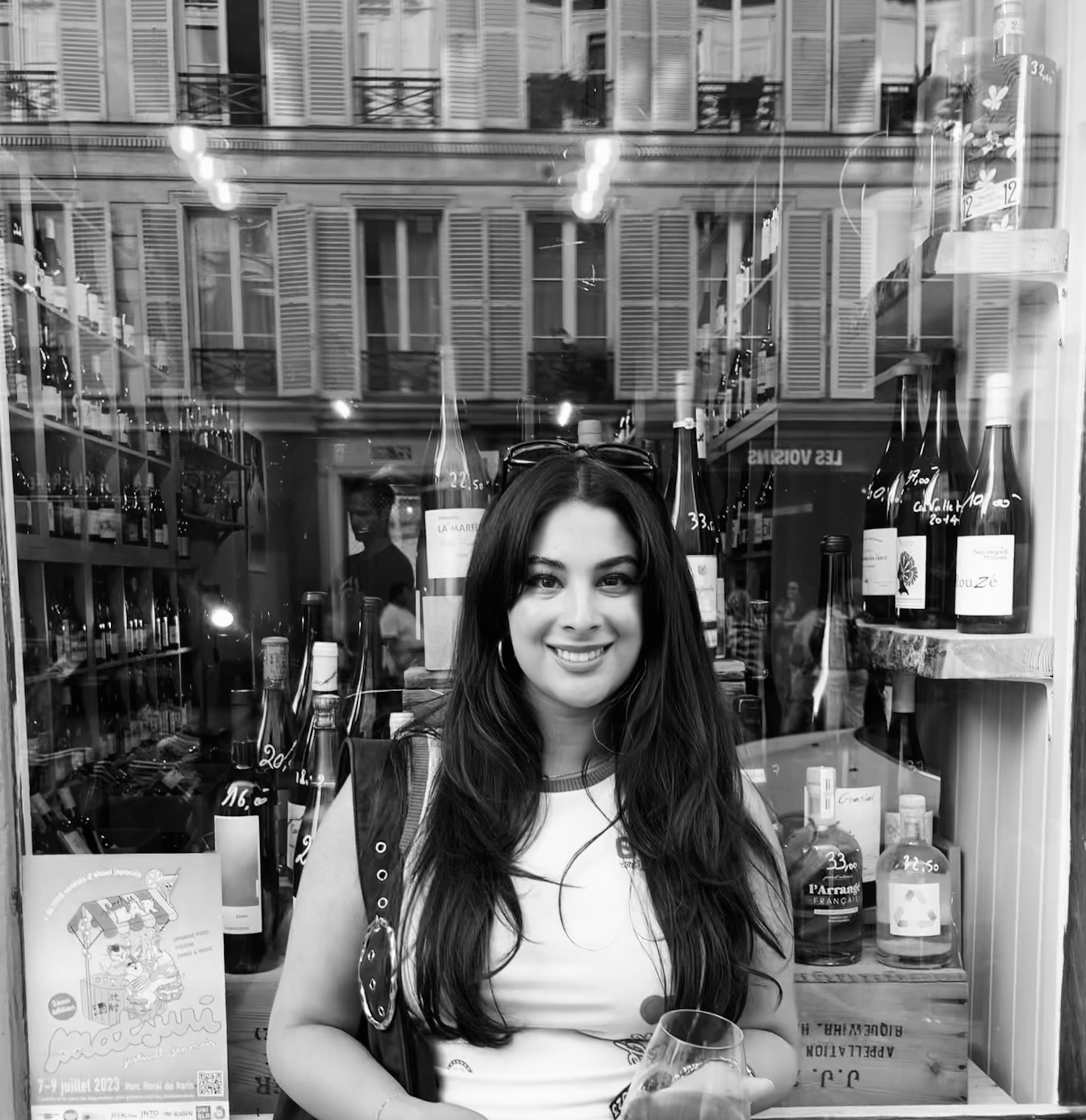
Nessa Humayun is the Beauty Editor at Marie Claire UK. With over eight years of editorial experience across lifestyle sectors, Nessa was previously the Editorial Lead of HUNGER Magazine, and has bylines in British Vogue, Dazed, and Cosmopolitan. A self-confessed human guinea pig, Nessa covers everything from product must-haves to long-reads about the industry writ large. Her beauty ethos is all about using products that work hard, so you don't have to.
